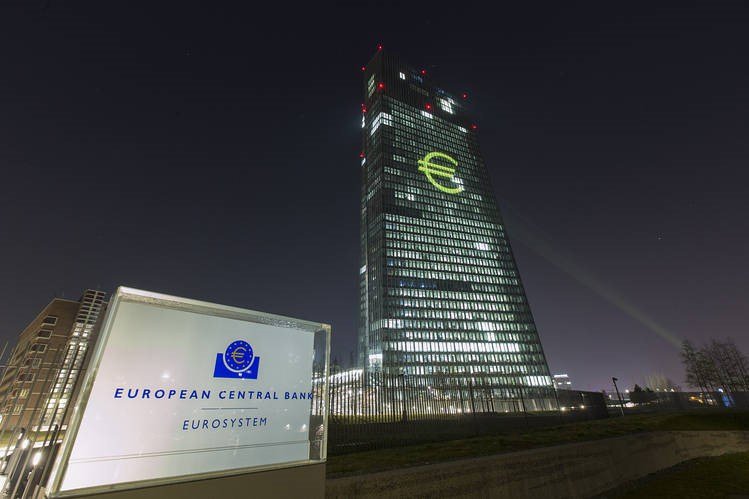
The European Central Bank (ECB) argues that the Internet currency "is not the solution for a cashless company" and has doubts about the banks' encryption.
Bitcoin "highlights a damaged system"
In an article published on the bank's website by Benoît Cœuré and Jacqueline Loh - two members of the board of directors - the authors say that Bitcoin is a "challenge" due to the financial institution's failure to offer international remittance options to consumers.
"Despite the many problems, Bitcoin has highlighted a failure our system has had for a long time: international payments," the article states. "[...] These payment channels are generally much slower, less transparent and more expensive than local ones. We need to improve everything to meet the Bitcoin challenge, "Bitcoinist.com quotes.
ECB: Still debating a crypto central bank
The European Central Bank adopts a clearly disinterested approach to the subject crypto.
Last month, the head of the Bank's Supervision Commission, Daniele Nouy, told the press that the regulation of the crypto phenomenon "is not exactly a priority" and that the level of involvement of EU banks in the cryptobodies sector is minimal.
And this despite the size of the institution's "money-war".
However, Cœuré estimates that there will be more interaction at international level, especially from the legislators.
And even if Blockchain technology awakens the interest of the members of the European Union, the financial aspect - digital coins - whether in decentralized form or processed by a central bank of digital currencies, remains at the promise of the ECB.
"It is not yet clear whether businesses or consumers really need a central bank of digital currencies, or if they want it. In other words, the subject is still under debate, and the answer varies from one country to another, "concluded Cœuré and Loh.
Outside EU borders, other states have managed to set up such banks, such as Venezuela or the Marshall Islands. Turkey and Iran will also join this move.
I voted for you, please vote back for me
https://steemit.com/blockchain/@phuocson/next-platform-a-new-model-for-global-retailing-payment